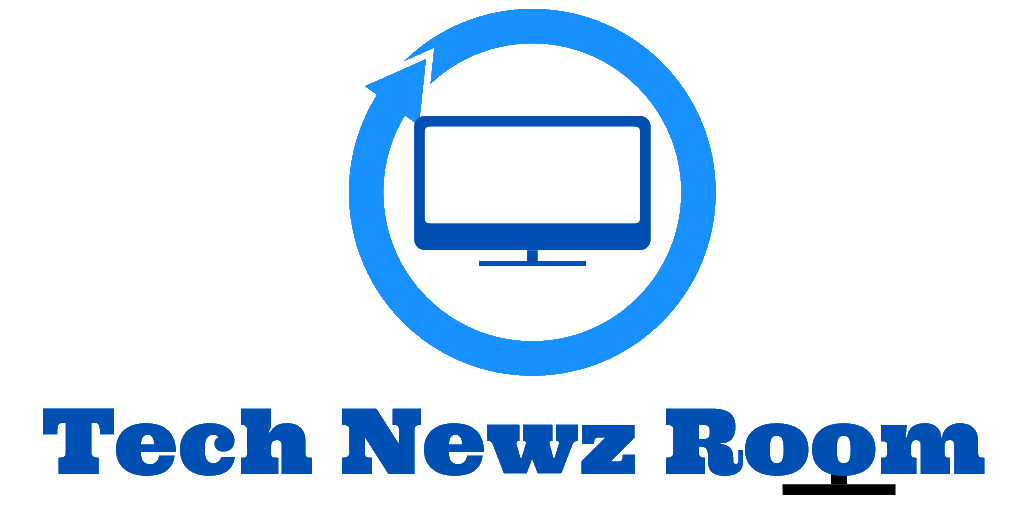[ad_1]

Information are arguably the world’s hottest variety of currency, clocking in zeros and ones that keep at any time more body weight than right before. But with all of our private information staying crunched into dynamite for business answers and the like, with a deficiency of client facts protection, are we all getting left driving?
Jonathan Zong, a Ph.D. prospect in electrical engineering and computer science at MIT, and an affiliate of the Personal computer Science and Synthetic Intelligence Laboratory, thinks consent can be baked into the layout of the software that gathers our facts for on line exploration. He produced Bartleby, a process for debriefing investigation contributors and eliciting their sights about social media research that involved them. Working with Bartleby, he states, scientists can immediately immediate each individual of their study contributors to a internet site where they can study about their involvement in investigate, look at what facts researchers gathered about them, and give responses. Most importantly, individuals can use the web page to opt out and ask for to delete their knowledge.
Zong and his co-author, Nathan Matias, Ph.D., evaluated Bartleby by debriefing countless numbers of contributors in observational and experimental reports on Twitter and Reddit. They found that Bartleby addresses procedural problems by making alternatives for participants to physical exercise autonomy, and the tool enabled substantive, value-driven discussions about participant voice and power. Here, Zong discusses the implications of their modern do the job as effectively as the future of social, ethical, and responsible computing.
Q: Numerous foremost tech ethicists and policymakers think it’s not possible to preserve men and women informed about their involvement in research and how their details are applied. How has your perform changed that?
A: When Congress asked Mark Zuckerberg in 2018 about Facebook’s obligations to continue to keep people knowledgeable about how their information is employed, his answer was successfully that all people experienced the prospect to examine the privacy policy, and that becoming any clearer would be far too challenging. Tech elites normally blanket-assertion that ethics is sophisticated, and move forward with their objective in any case. A lot of have claimed it’s unattainable to fulfill ethical obligations to users at scale, so why check out? But by producing Bartleby, a program for debriefing members and eliciting their views about scientific studies that associated them, we constructed a little something that shows that it’s not only extremely doable, but truly quite effortless to do. In a whole lot of cases, permitting persons know we want their details and detailing why we believe it’s really worth it is the bare bare minimum we could be executing.
Q: Can ethical worries be solved with a computer software tool?
A: Off-the-shelf application essentially can make a significant difference in respecting people’s autonomy. Ethics rules pretty much never ever need a debriefing approach for on the net studies. But due to the fact we applied Bartleby, people had a likelihood to make an knowledgeable final decision. It is really a possibility they if not would not have had.
At the very same time, we understood that utilizing Bartleby shined a gentle on deeper ethics concerns that required substantive reflection. For illustration, most folks are just seeking to go about their life and overlook the messages we send them, while other folks reply with concerns that aren’t even usually about the investigate. Even if indirectly, these scenarios aid sign nuances that study participants care about.
The place may well our values as researchers vary from participants’ values? How do the electric power constructions that condition researchers’ interaction with buyers and communities impact our potential to see all those differences? Using software to produce ethics processes will help deliver these issues to light. But rather than anticipating definitive solutions that work in each condition, we should really be considering about how making use of application to build prospects for participant voice and electrical power worries and invites us to replicate on how we deal with conflicting values.
Q: How does your tactic to structure aid recommend a way forward for social, ethical, and dependable computing?
A: In addition to presenting the software package resource, our peer-reviewed short article on Bartleby also demonstrates a theoretical framework for info ethics, inspired by thoughts in feminist philosophy. Because my perform spans software package layout, empirical social science, and philosophy, I generally consider about the factors I want folks to just take away in terms of interdisciplinary bridges I want to build.
I hope folks look at Bartleby and see that ethics is an remarkable spot for complex innovation that can be examined empirically—guided by a crystal clear-headed knowledge of values. Umberto Eco, a philosopher, wrote that “kind have to not be a auto for assumed, it ought to be a way of wondering.” In other text, coming up with application isn’t really just about placing thoughts we’ve already experienced into a computational kind. Design is also a way we can think new thoughts into existence, make new means of being aware of and executing, and consider substitute futures.
The study was posted in Social Media + Modern society.
Code of ethics won’t affect conclusions of program builders
Jonathan Zong et al, Bartleby: Procedural and Substantive Ethics in the Layout of Research Ethics Systems, Social Media + Society (2022). DOI: 10.1177/20563051221077021
Offered by
MIT Laptop Science & Synthetic Intelligence Lab
Quotation:
Q&A: Discovering the intricacies of developing software for analysis ethics (2022, Could 3)
retrieved 26 June 2022
from https://techxplore.com/news/2022-05-qa-checking out-intricacies-program-ethics.html
This doc is issue to copyright. Apart from any reasonable working for the function of non-public review or investigation, no
part may possibly be reproduced without the need of the composed permission. The content is provided for info purposes only.



